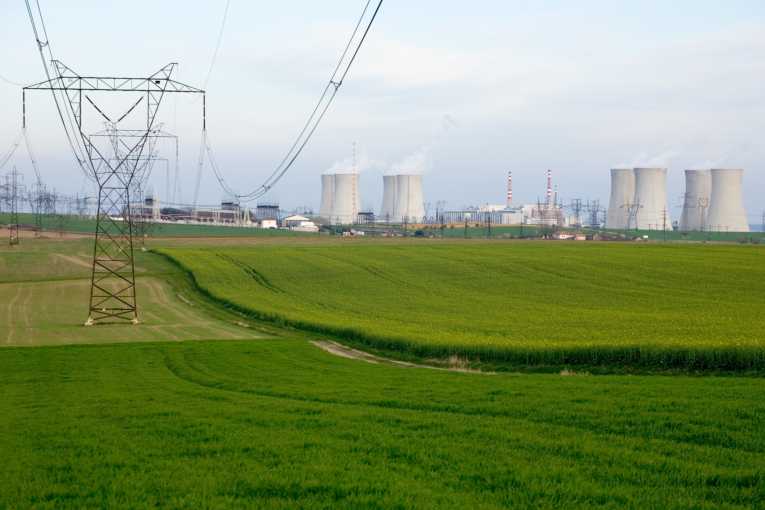The CBS news poll, taken at the start of the crisis at the Fukushima nuclear plant in Japan, found that over two thirds of Americans believe U.S. power plants to be safe. However, many still do not support building new nuclear plants - especially not in their community. Although 47 percent of respondents say that the benefits of nuclear power outweigh the risks, 65 percent would oppose the construction of a nuclear power plant in their town.
The pros and cons of nuclear power are hotly debated by many diverse groups. On one hand, there is the pro-nuclear camp, which believes that nuclear power is the future of our energy. On the other hand, there is the anti-nuclear camp, which thinks that nuclear power is a disaster waiting to happen. Surprisingly, environmentalists are divided on the issue. Nuclear power would reduce our dependence on fossil fuels. However, it is a toxic hazard and uranium mining certainly doesn't do the environment any favours.
In the third camp, there are people like George Monbiot, who, in recently stated in his Guardian column that the Fukushima accident has made him more, not less, supportive of nuclear power. His reasoning is this: if a 40 year old nuclear power station can survive a magnitude 9.0 earthquake and a tsunami, shouldn't we be praising the fact that no one has - as yet - received a lethal dose of radiation? In addition, Monbiot points out that renewable energy isn't totally without impact. Wind turbines and hydroelectricity all have an effect on the landscape and ecosystems, whether we like it or not. When British rivers were dammed during the industrial revolution, it destroyed the UKs populations of salmon and sturgeon, to mention just two species.
We have to face facts. At the moment our society isn't prepared for renewable energy - we just don't have the infrastructure in place. Hopefully, one day we will be using renewables for the majority of our energy supply, and we should be pushing for that. However, isn't it better to turn to nuclear power in the meantime, rather than continuing our dependence on fossil fuels?










